The European Challenger Series recently wrapped up and two teams have qualified to compete in the EU CS Spring 2017 split. The qualifier split up the 12 teams into two groups of six, with each group playing a round robin. After the round robin, the  top two teams from each group moved on, and the No. 1 seed from one group played the No. 2 seed from the other in a best-of-five series to qualify for the EU CS. Team Kinguin and Fnatic Academy are the two teams that have earned a spot in the EU CS.
top two teams from each group moved on, and the No. 1 seed from one group played the No. 2 seed from the other in a best-of-five series to qualify for the EU CS. Team Kinguin and Fnatic Academy are the two teams that have earned a spot in the EU CS.
Fnatic Academy
- Top – Mateusz “Kikis” Szkudlarek
- Jungle – Mads “Broxah” Brock-Pedersen
- Mid – Yasin “Nisqy” Dinçer
- ADC – Rasmus “MrRalleZ” Skinneholm
- Support – Johan “Klaj” Olsson
Fnatic rebuilt its European League Championship Series team, and took the opportunity to form an academy team to compete in the Challenger Series. The team features three players that have previously played at the LCS level. They were expected to come in and dominate the qualifier, easily securing their spot in the EU CS.
Fnatic Academy made it to the main qualifier from the Open Qualifier. They were placed into Group A alongside Nerv, EURONICS Gaming, Team LDLC, ASUS ROG Army, and Bobaski. Fnatic easily won their first three matches, with their fourth victory coming after Bobaski forfeited the game. In the fifth match, Fnatic Academy battled Nerv for the top spot in Group A. Nerv controlled the game from the very beginning and cruised to an easy victory, leaving Fnatic Academy in second place and set to play Team Forge for a spot in the Challenger Series.
In their best-of-five series, Fnatic easily won 3-0 over the Italian team. Fnatic played even in the early game but they took over after 20 minutes and pushed Forge onto the back foot. Before Forge knew it, the series was over.
Fnatic’s most valuable player during their run was Broxah. Despite playing on a few teams in the past, Fnatic is Broxah’s first big chance and he took advantage of it, ending the qualifier with a 7.89 KDA and participating in 76% of his teams kills. With a large org backing them, Fnatic Academy have all the resources available to compete well in the EU CS and they have the experience to take the top spot in the league.
Team Kinguin
- Top – Marcin “IceBeasto” Lebuda
- Jungle – Wojciech “Tabasko” Kruza
- Mid – Sebastian “Sebekx” Smejkal
- ADC – Paweł “Woolite” Pruski
- Support – Paweł “delord” Szabla
Like Fnatic Academy, Team Kinguin made it to the main qualifier from the Open Qualifier. They are an all Polish team backed by a popular online game trading website. Kinguin were placed in Group B alongside Team Forge, Tricked eSports, AlienTech eSports, ALTERNATE aTTaX, and Team Larssen. Team Kinguin did not play on the first match-day because ALTERNATE aTTaX was not able to field a full roster and the game was rescheduled for later in the week.
Kinguin had many close games, but were able to exit the group stage with a 3-2 record after losing to both ALTERNATE aTTaX and Team Forge. After their victory on day four over Team Larssen, the team secured its spot in the qualifying match. On the fifth day of games, Kinguin played Forge to determine who would top the group. Kinguin lost to Forge when the squad was able to bounce back after a weak early game and win convincingly.
This left Kinguin in second place for the group, set to face Nerv in a best-of-five to qualify for the Challenger Series. In every game of the series, Kinguin had a gold deficit at ten minutes into the game, showing that the squad has a weak early game. Kinguin was able to slowly make its way back into each game, however, and ended up winning three games in a row to take the series 3-0.
The MVP for Kinguin in the qualifier was Sebekx. Sebekx has played League competitively for over three years, but has not made it high up in the scene. In the qualifier, Sebekz typically gained an advantage in his lane that led to him getting a 6.36 KDA. Kinguin will be the small fish in the big pool as the EU CS is stacked with big name organizations with well-known players. Kinguin will have to claw and fight to hang with the big boys.
How do you think the two new teams will fair in the European Challenger Series? Share your thoughts below or tweet us @GAMURScom



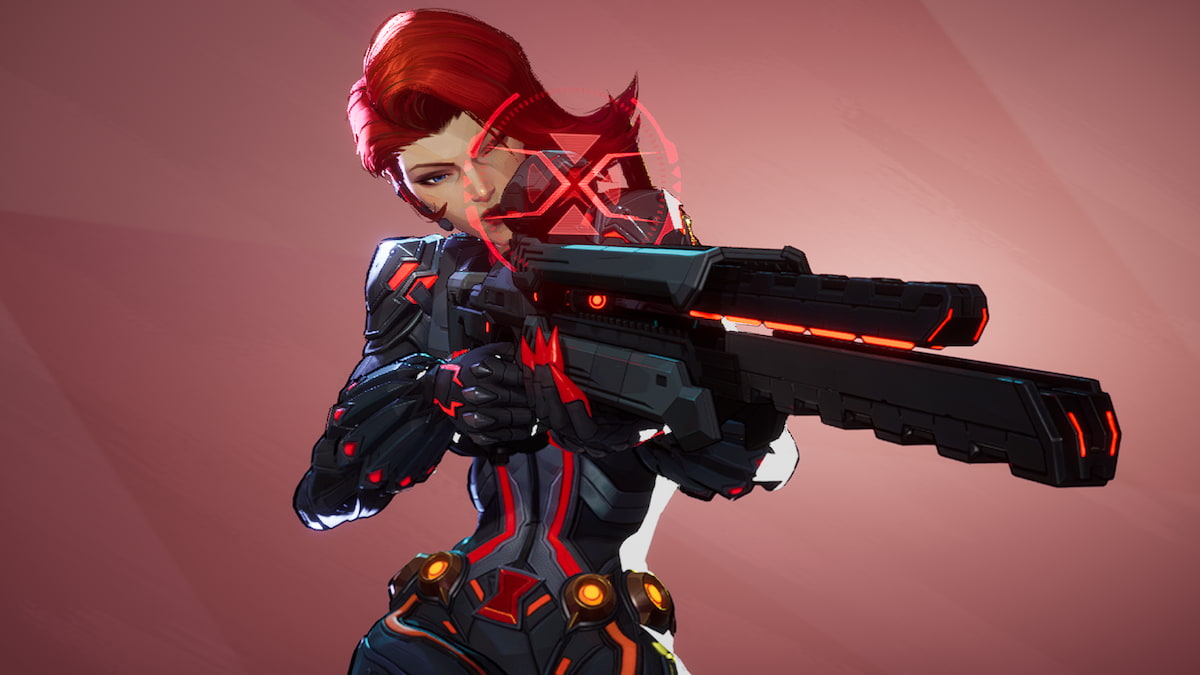
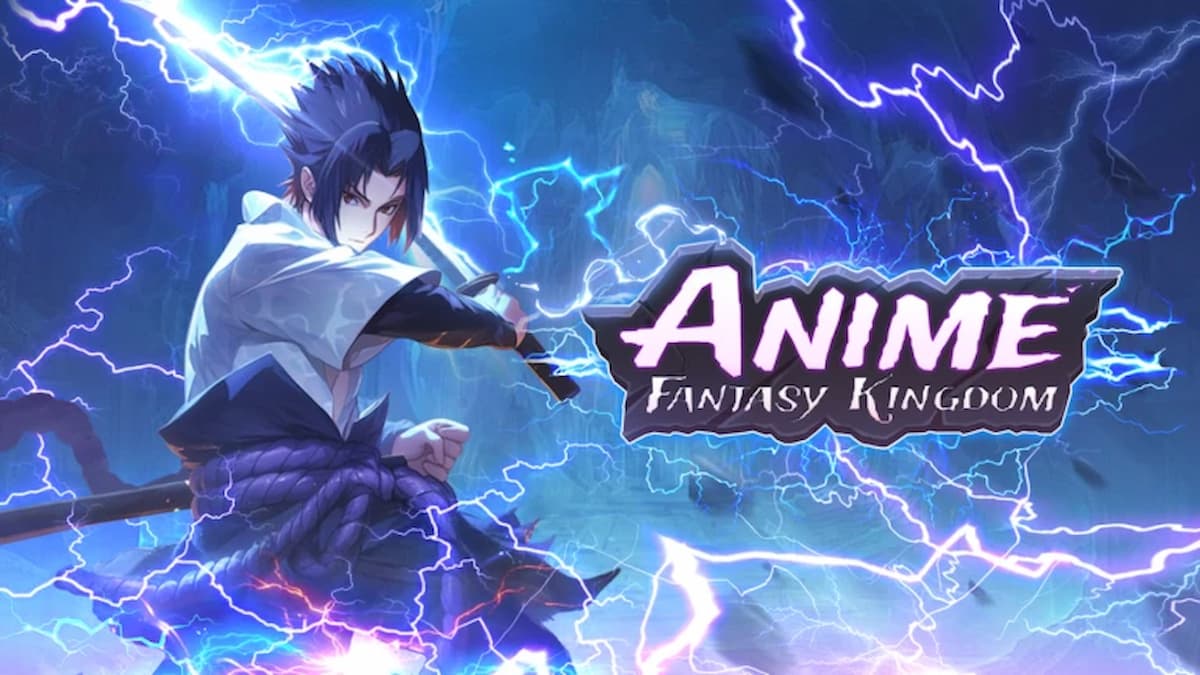
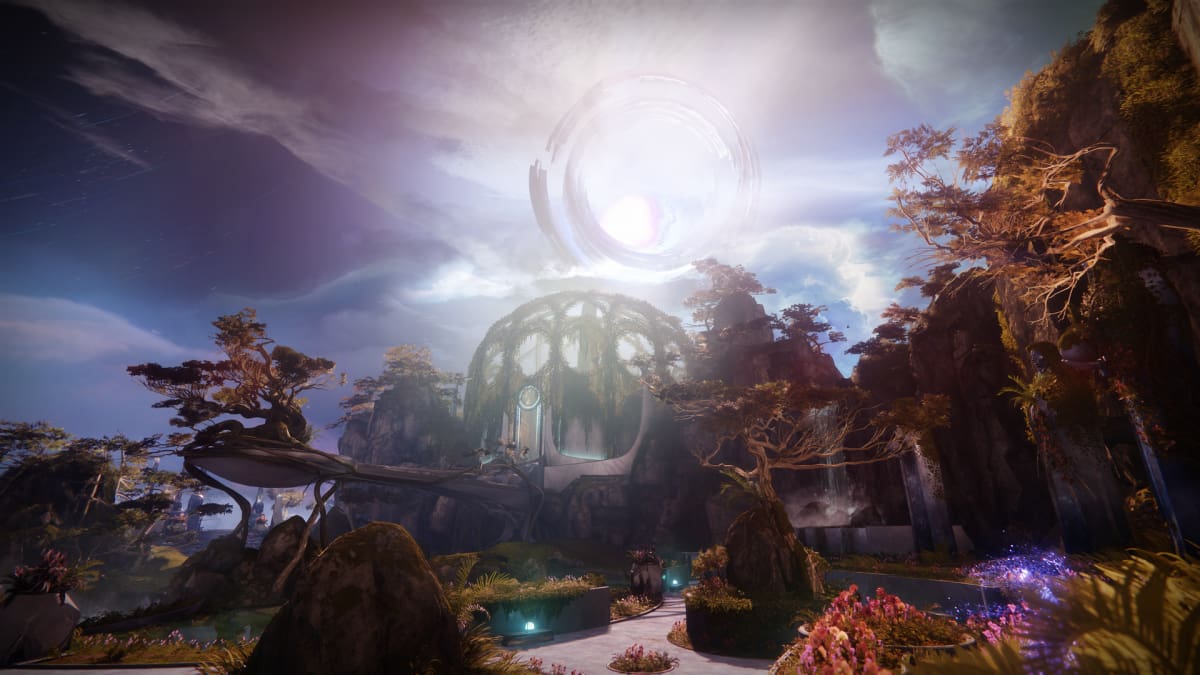
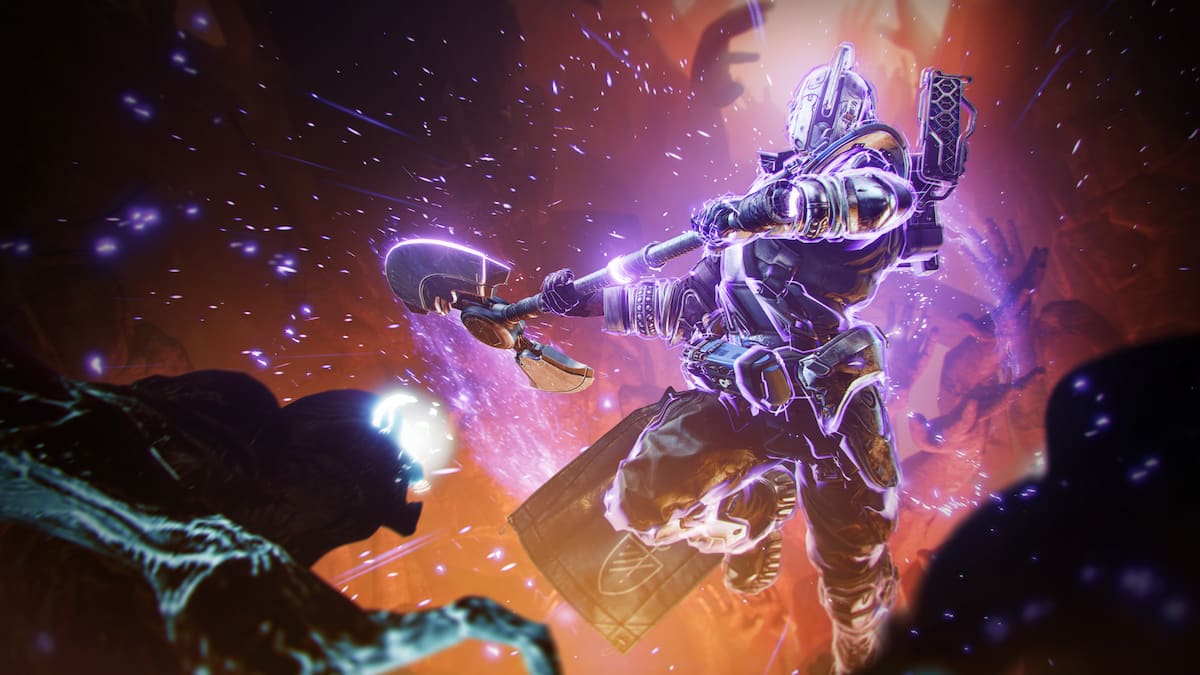
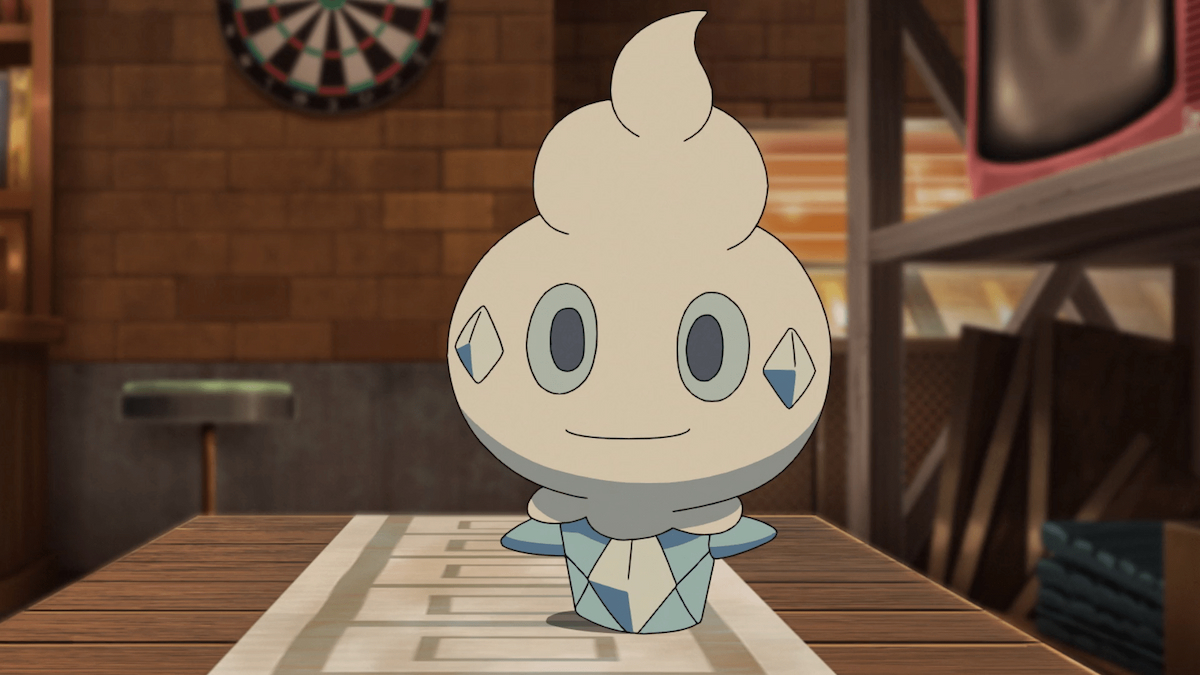
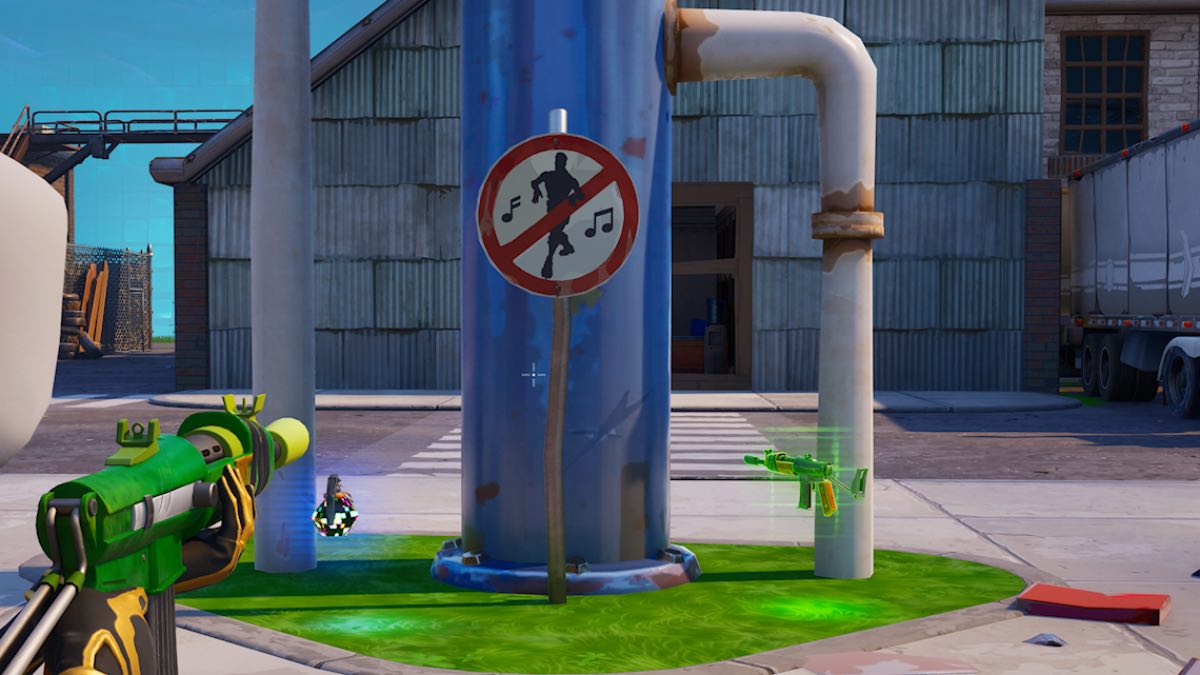
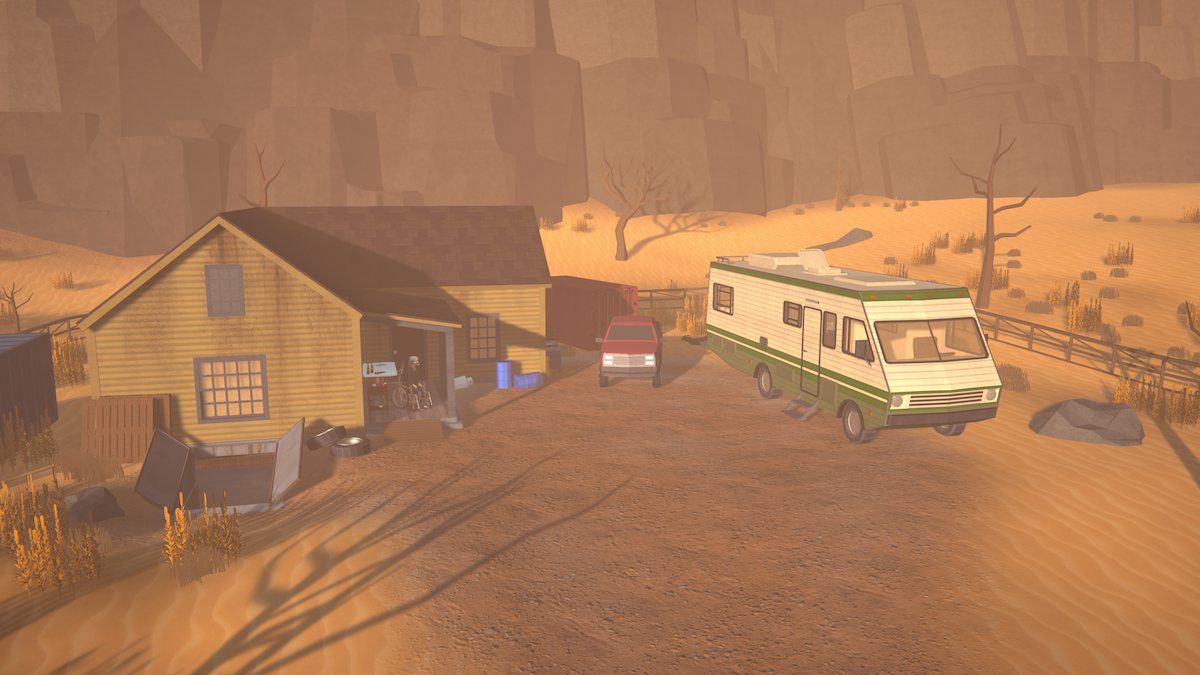

Published: Jan 15, 2017 03:39 pm